#word history
Text
WORD NERDS AND ETYMOLOGISTS I HAVE AN IMPORTANT QUESTION
Which came first, the word "toddler" and the (adverb?) "toddle" came about from the adorable way they found their legs beneath them, or did "toddle" come first as the descriptive action and thus they were called "toddler"?
34 notes
·
View notes
Video
supposedly
supposably
74 notes
·
View notes
Note
As a gay man I have a question: why is it bad when we say we don't want other people to use the word 'gay' if they're not gay men? Like okay it's gatekeeping. But since 'gay' is used for nearly everything it frustrates and saddens me so much that we don't have our own word anymore. If there would be another word we could call our own I'd be completely fine, but I need a word that's just us, that builds a community. /gen
Heyo! The answer is history!
The word is commonly said to be originally meaning “happy” though it was usually meant to mean “cheerful”
In the late 19th to early 20th century the word started to evolve to mean a “homosexual person” or “homosexual traits”
Note the use of the word person there, it wasn’t a gendered term but it was more commonly used on/to men then women. But that is probably routed in sexism
According to Jordan Redman in this amazing article;
In the 1890s, the term "gey cat" (a Scottish variant of gay) was used to describe a vagrant who offered sexual services to women or a young traveler who was new to the road and in the company of an older man.
This latter use suggests that the younger man was in a sexually submissive role and may be among the first times that gay was used implying a homosexual relationship.
Directly from wiki the words gay means: to describe men and women attracted to the same sex, though lesbian is the more common term for women.
Lesbian is the more common term but you can still use it!
While the word gay was officially added to the dictionary in 1951, the word lesbian wouldn’t be added until 1976. Before that many terms where used including lesbian but gay was the main way to encompass a large group.
This was before words like queer were reclaimed and before the full acronym was ordered and made more common.
It was easier to just say gay most of the time!
Hope this helps!!
(Correct me if any info is wrong, or if you want to expand on something I’ve said! I would love to learn more!!)
44 notes
·
View notes
Text

All boys are girls and all girls are gay, sorry I don’t make the rules only enforce it!😄
👧🏻🏰🧑🏾🦱
#history#girl#english#language#gender#medieval history#children#gay girls#knave girls#middle english#word history#modern english#boys#femininity#medieval england#girly girl#womens history#soft girl#princesscore#english history#girly things#medieval europe#girlhood#gendered terms#nickys facts
17 notes
·
View notes
Text
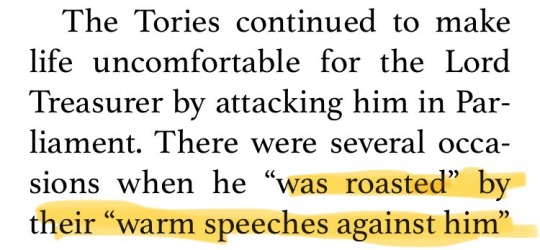
Apparently on at least one occasion in the early 1700s “roasted” was used the same way it’s used informally now.
(Queen Anne by Anne Somerset)
4 notes
·
View notes
Text
What the weirdest word history/origin story you know? Something that is just absolutely bonkers in the current context.
For example, the word weird: originally associated with *destiny*, as in, someone who was weird had the power to control destiny. Got applied to witches and fates and unearthly powers and eventually Tumblr.
Weird, huh?!? 😆
3 notes
·
View notes
Text

The word "nerd" was first coined by Dr. Seuss in "If I Ran the Zoo," published in 1950. The term originally referred to a creature in the book, and over time, it evolved to describe someone who is passionately interested in a particular hobby or field, especially one related to technology or intellectual pursuits.
0 notes
Text
In the native dialect of Lesbos, Sappho's name is spelled "Psappho". I sometimes picture what it would have been like if that had been the spelling modern English had gone with. Imagine being psapphic.
11K notes
·
View notes
Text

The Canberra Times, April 23 1989
#trans history#sharing this bc i read it years ago and it stuck with me enough that i remembered the title word for word when i searched for it lol#newspaper clipping
24K notes
·
View notes
Text
Y'all, saying that cartomancy is a "closed Romani practice" is like saying money lending is a "closed Jewish practice." Cartomancy was a practice that Romani people were forced into due to discrimination.
Ettellia said he learned tarot from Romani people who brought tarot from Egypt. He was lying to make tarot sound more exotic. Europe was in the middle of egyptomania. There is literally no historical evidence that this supposed origin is even slightly true. Europe has had cartomancy since the Roman Empire.
Around the time that tarot divination was being invented, tarocci decks were fairly new. If there was a "traditional romani cartomancy" method, (which even Romani oral histories do not support) it almost definitely would have been based on the massively more popular Belgian-Genoese pattern deck, not the tarocci deck.
#please stop taking the golden dawn at their word when it comes to esoteric history#they are not a reliable source#sometimes i feel like some of y'all dont actually give a fuck about romani history its just words to you
9K notes
·
View notes
Text
Fun With Language
The first post-Nazi newspaper edition in Aachen, Germany
I like language, which is why I was delighted to realize (when I saw it explained) that the French word for heatwave, canicule, is latter day vulgate Latin, descended from the classical word caniculare. That means “puppy days.” The Romans were at least related to the Greeks, and subscribed to the notion that the reappearance of the Dog…

View On WordPress
0 notes
Photo
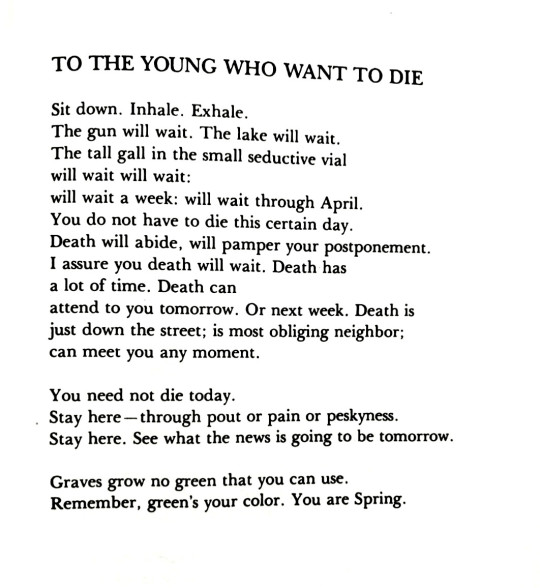
graves grow no green that you can use.
gwendolyn brooks
#mine*#camillamaecaulay#poetblr#words#dark academia#dark academia aesthetic#the secret history#dead poets society#gwendolyn brooks#poetry#da aesthetic#to the young who want to die#1k#2k#3k#4k#5k#6k#7k#8k#9k#10k#lol#11k#12k#13k#smashed it ladies good game#oh wow 17k#okay
31K notes
·
View notes
Video
the history of Caucasian as a term for white
https://en.wikipedia.org/wiki/Caucasian_race
#tiktok#history#caucasus mountains#Caucasian#language history#word history#etymology#anti-racism#racism
143 notes
·
View notes
Text
So turns out the history of the word "plucky" is actually quite interesting. It's root "pluck" originally came from Latin and into German, meaning "hair" and the action of removing hairs (or feathers). But sometime in the 18th century after it had made its way into English, we broadened the use to refer to the removal of internal organs and to those organs themselves, but especially the heart. From there we started using the negated form "having pluck" to mean "having heart" which came to mean having courage. Then it's just a simple jump to the adjective form we have today meaning "courageous".
0 notes
Text

"If I am worth anything later, I am worth something now. For wheat is wheat, even if people think it is grass in the beginning." - Vincent Van Gogh
Painting: "Wheatfield with a Reaper" by Vincent van Gogh
#vincent van gogh#starry night#art history#oil on canvas#painting#expressionism#artblr#quotes#book quote#quotations#words#literature#lit#booklover#classical literature#classics#albert camus#booklr#books#books & libraries#book quotes#bookblr#reading#books and reading#bookworm#bookish#fragments#excerpts#letters#biblophile
5K notes
·
View notes
Text
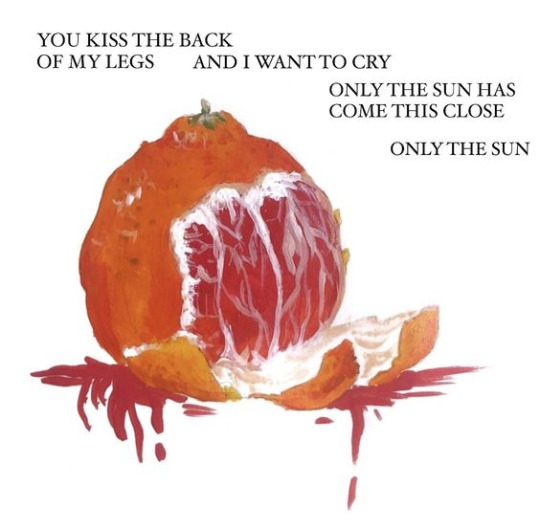




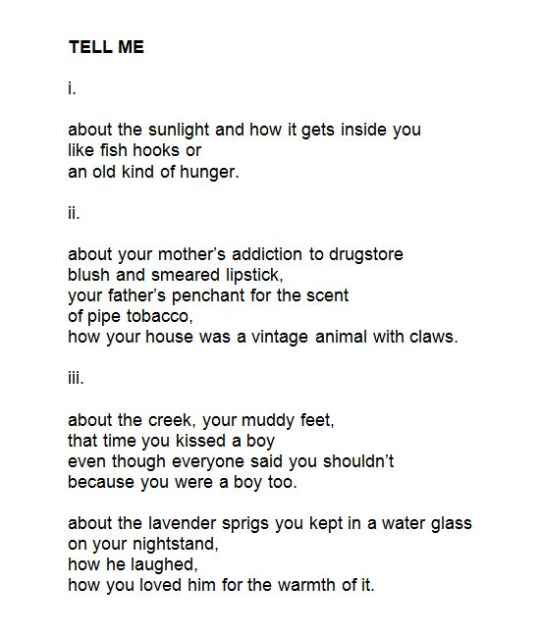

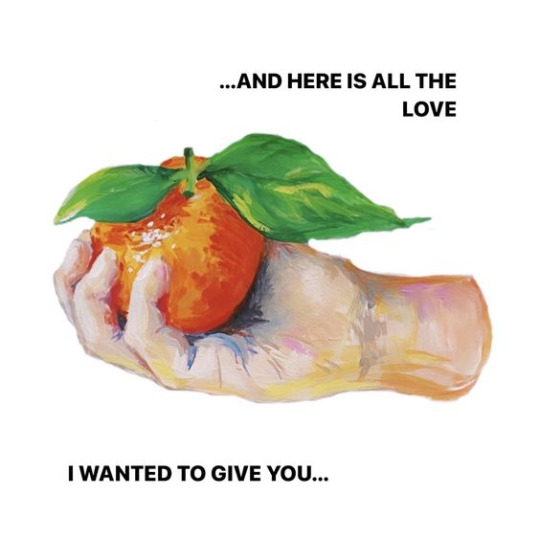
break my arms around the one i love
poem: Shauna Barbosa GPS art: @mmelodyj / unknown / Ainslie Hogarth Motherthing / Keaton St. James HISTORY STUDENT FALLS IN LOVE WITH ASTRO PHYSICS STUDENT / @555w4 / unknown / Ada Limón The Good Fight / @sunsbleeding
#poetry#web weave#web weaving#on love#on emotion#on heartbreak#shauna barbsa#gps#ainsile hogarth#motherthing#keatson st james#history student falls in love with astro physics student#ada limon#the good fight#words#poem#spilled ink#dark academia#dark academia poetry#dark academia quote#spilled poetry#spilled thoughts#writing
13K notes
·
View notes